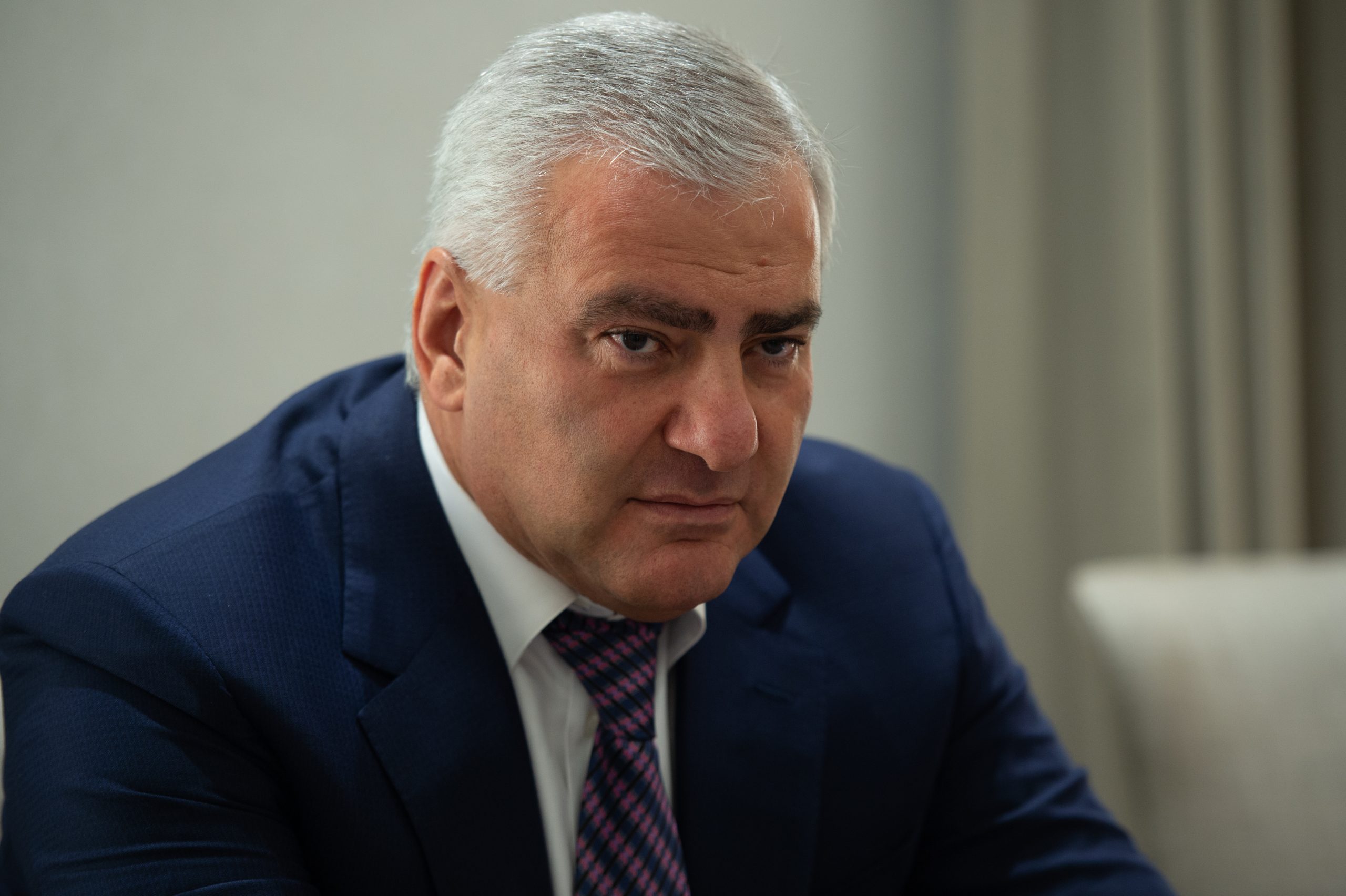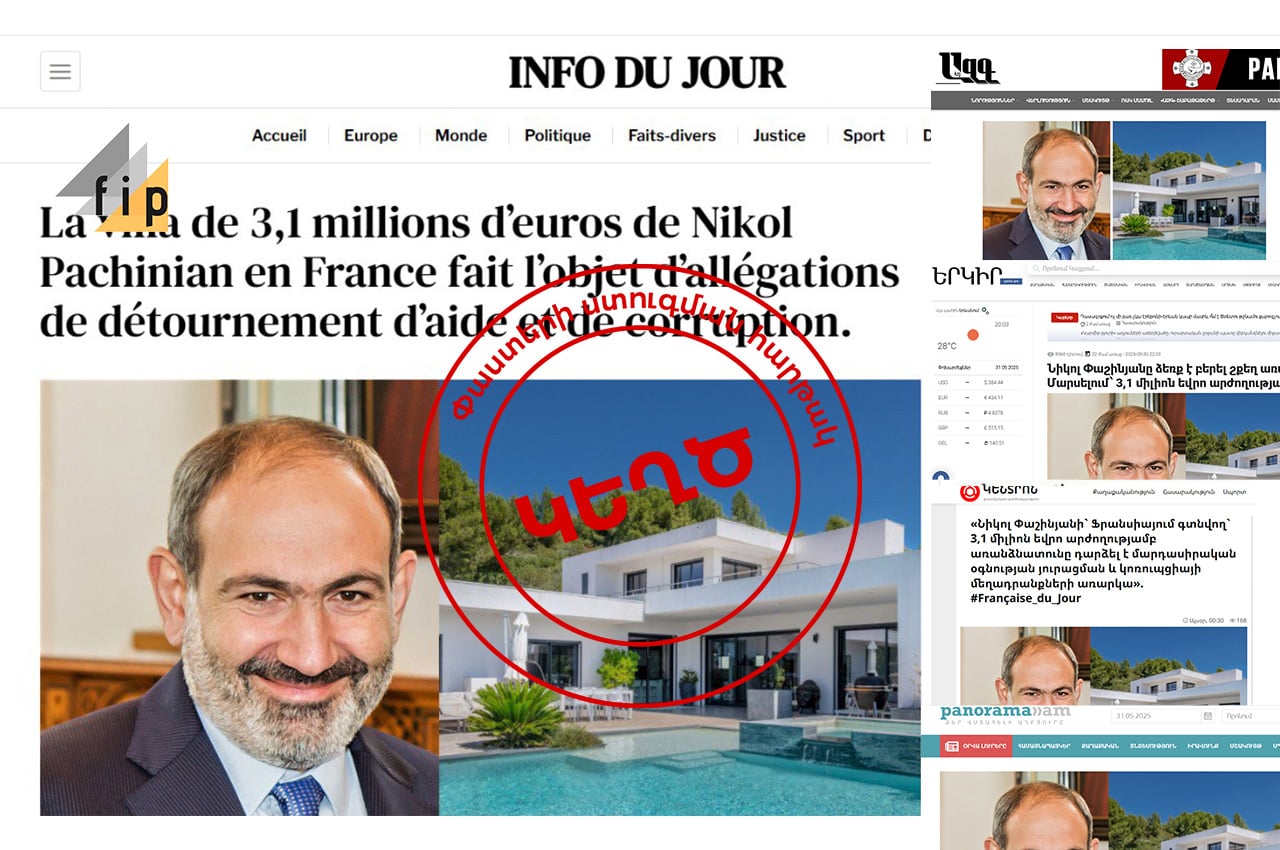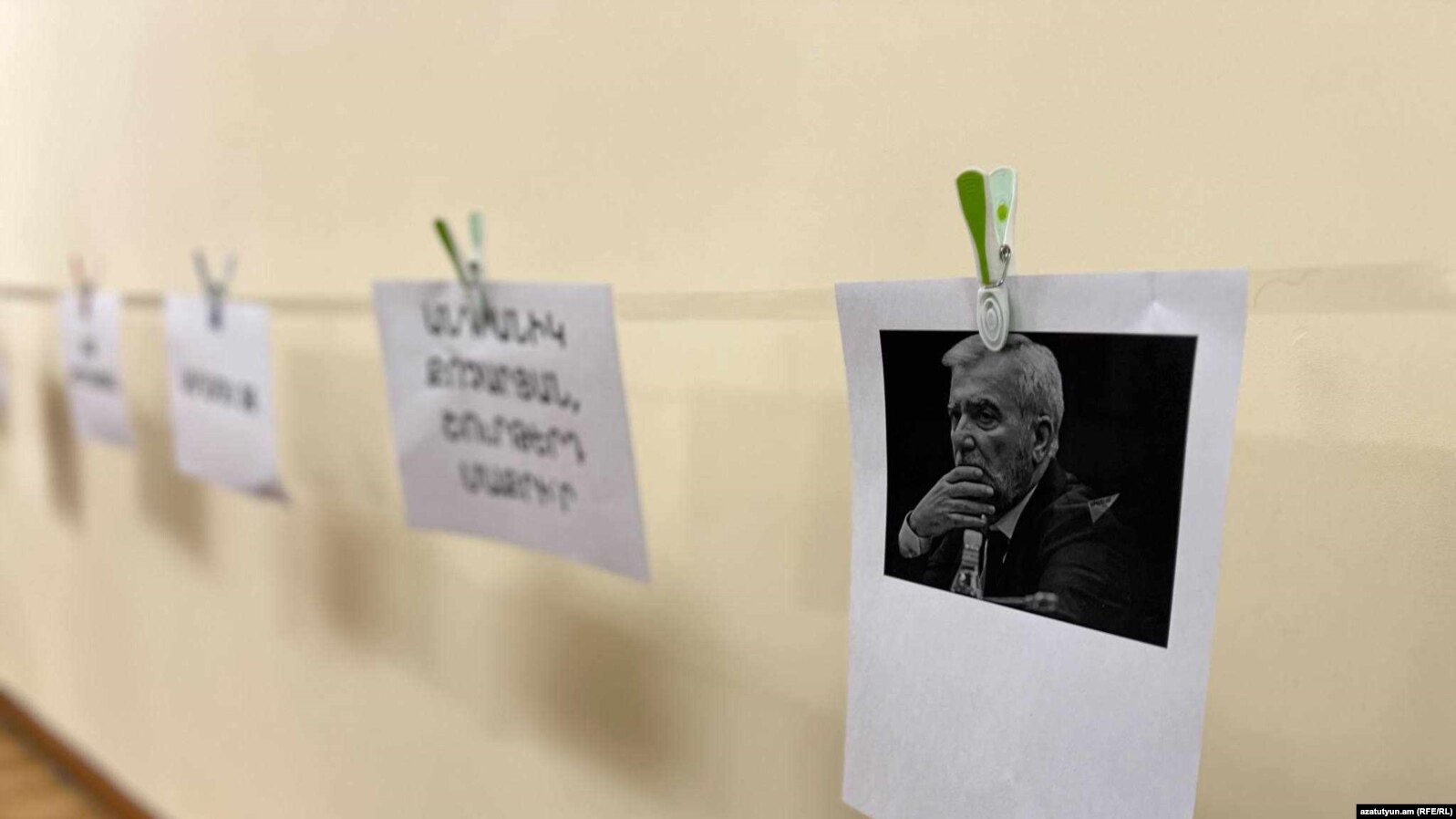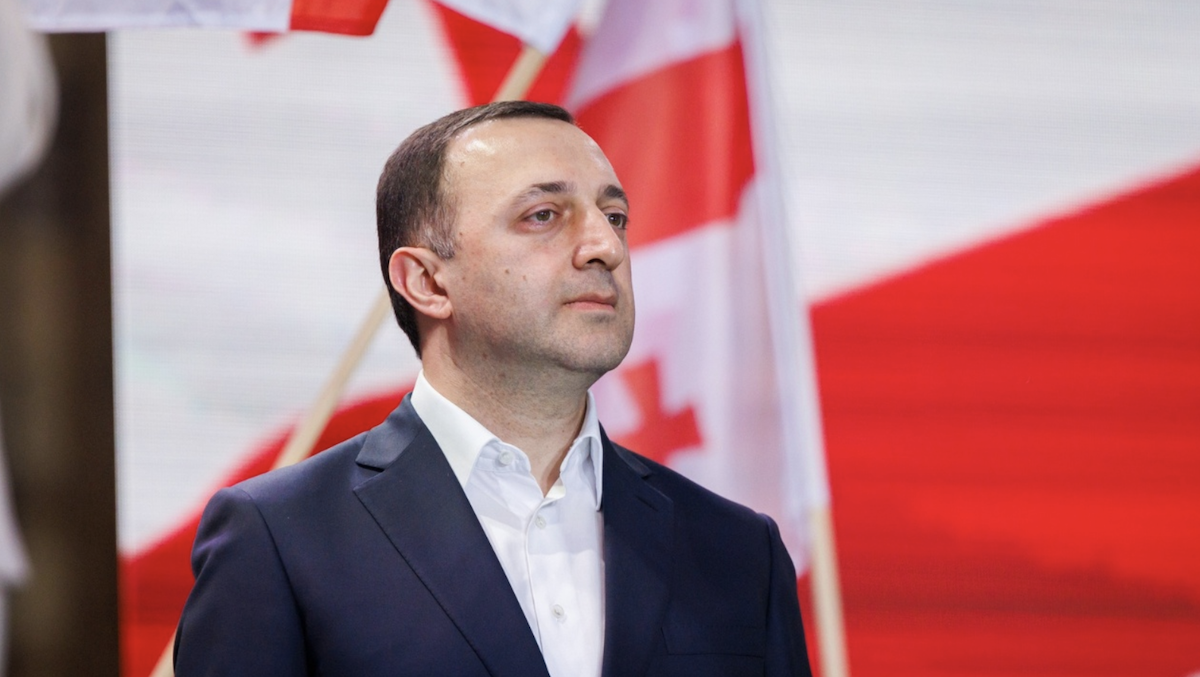“Get tested for STIs,” Armenian ruling party MP tells opposition politician
Armenian MPs fight
Armenia’s parliament is abuzz over a row between ruling Civil Contract faction secretary Artur Hovhannisyan and opposition MP Taguhi Tovmasyan.
Tovmasyan had formally asked speaker Alen Simonyan to require Hovhannisyan to take a drug test every time he entered parliament. The ruling party MP, clearly angered, hit back: “You’re all journalists — none of you owns three or four apartments on Northern Avenue [the most expensive part of central Yerevan], do you? Let her [Tovmasyan, a former journalist] take an STI test every day so we can see where she got those four homes.”
Tovmasyan plans to go to court, saying Hovhannisyan should give up his mandate for insulting her, showing gender-based discrimination, and spreading false information.
The opposition “I Have Honour” faction has called for a temporary ethics commission to examine Hovhannisyan’s behaviour. Ruling party MPs say they want to set up a permanent ethics body instead.
Human rights defender Zaruhi Hovhannisyan argued that Tovmasyan is facing pressure specifically because of her gender.
All the details, along with comments from MPs and rights defender Zaruhi Hovhannisyan.
- Moscow banks on ‘new faces’ to push its interests in Armenia
- “Pashinyan won’t stay in power — we’ll join the election fight”: Armenian ex-president
- Tensions between Armenian authorities and Church: Pashinyan’s plan to remove Catholicos
Tovmasyan’s briefing and what followed
Taguhi Tovmasyan wrote to the speaker after ruling party MP Artur Hovhannisyan told journalists during one of her briefings to ask why she was skipping parliamentary sessions.
In her letter, Tovmasyan said Hovhannisyan had shown her “disrespect,” “violated the guarantees of an MP’s work and obstructed the professional activities of journalists.”
“Parliament cannot tolerate hooliganism. It is necessary to require Artur Hovhannisyan to undergo a medical examination for drug use every day before entering the National Assembly. The test results must be made public,” she wrote.
As justification for her demand, she noted in the letter that “in 2017 Hovhannisyan was detained, and a yellow-green substance was found in his car.”
Hovhannisyan shot back: “How did a journalist with a low salary get apartments on Northern Avenue and in several other places? Maybe thanks to providing other kinds of services?”
He urged Tovmasyan “not to cross moral boundaries.” Hovhannisyan also rejected accusations that his remarks were sexist:
“A woman can say whatever she wants. But when a man responds to a woman’s immoral comments and insults, suddenly it’s: oh, but she’s a woman. If she’s a woman, let her behave like a woman. Otherwise I’ll be the one raising the issue of testing her gender.”
Insults spill over onto social media
Taguhi Tovmasyan wrote on Facebook that “the time to teach Hovhannisyan manners was long ago.” She appealed directly to her colleague’s mother:
“Mrs Hovhannisyan, explain to your son that he cannot speak about a woman in such terms. Tell him that for a man with a family, this is a disgrace. Do it as a mother.”
She said Artur Hovhannisyan embodied “a lack of political culture and irresponsibility,” and stressed that she does not own four properties, including any on Northern Avenue.
In response, Hovhannisyan took to Facebook to address Serzh Sargsyan, Armenia’s former president and leader of the “I Have Honour” faction, calling on him to “educate” Tovmasyan:
“Urge your MP to behave as an Armenian woman, as a deputy should. Let her stop spreading immoral lies while hiding behind her status as a woman.”
Comments
“Reinforcing stereotypes is unacceptable on both sides”
Ruling Civil Contract MP Zaruhi Batoyan said remarks from both sides were unacceptable. She told reporters she had conveyed her position to Artur Hovhannisyan as well as to the head of the ruling faction:
“Such public statements should have no place. I regret that Mr Hovhannisyan gave in to Ms Tovmasyan’s provocations and responded in this way.”
In her view, Taguhi Tovmasyan was also reproducing stereotypes:
“What is a person who uses drugs? It is someone with health problems, someone with an addiction. For me, it is unacceptable that Tovmasyan, a member of the human rights committee, could target a person like this and reproduce stereotypes.”
At the same time, Batoyan said discrimination against women was equally unacceptable. To prevent such incidents, she suggested an institutional response — specifically, creating a permanent ethics commission in parliament.
“They should not be weighed on the same scale”
Hayk Mamijanyan, head of the opposition “I Have Honour” faction, said the statements made should not be treated as equivalent.
“I could never say such things to anyone, let alone to female colleagues, as Artur Hovhannisyan did. Ruling party MPs act by the logic of street brawls. If Hovhannisyan felt so insulted, he could have set up an ethics commission,” he said.
Mamijanyan argued that this parliament will be remembered for “shameful behaviour” towards both female MPs and women journalists.
“Stay silent if you have nothing to say”
Human rights defender Zaruhi Hovhannisyan also weighed in on the incident:
“How long will women be harassed, their private and family lives disrespected — and then you turn around and say you revere, respect and love women, mothers? No, you do not. And then you still expect women to run in elections and sit in parliament.
So it’s acceptable to smear a woman who used to be in your [ruling faction] team but has since left? That reflects your culture, not hers.
Recently I carried out a study on the persecution of women in the media, looking at coverage between 2022 and 2025 of women in decision-making roles. Do you know what I found? The overwhelming majority of this coverage was negative (71.4%). Positive stories made up just 2.1%.
Even posts that seemed neutral on social media became fertile ground for sexist, offensive remarks and hate speech.
These narratives are mostly spread by men in high positions. On media platforms, the sexist, shameful statements of male politicians are endlessly repeated — with no criticism of their sexism.
In the media, the most common tools are:
- personal disparagement and sexist remarks,
- gender disinformation (such as in debates over domestic violence prevention laws),
- sensationalism and framing (“hysterical outbursts”),
- gossip about women’s sexuality and appearance,
- distrust of women in senior roles or in the security sector.
At the very least, if you have nothing meaningful to say, shut your mouth. Stay silent.”























